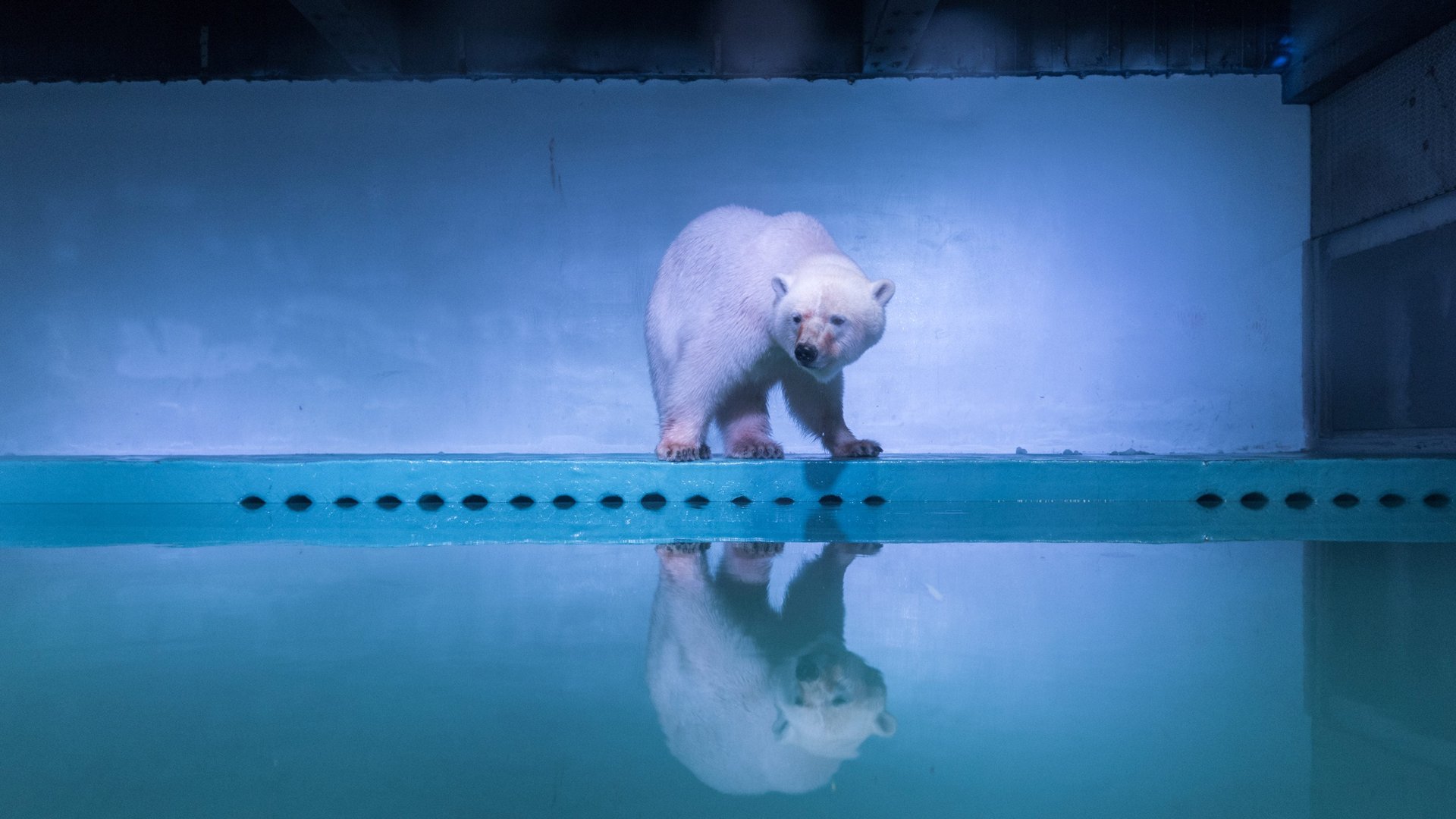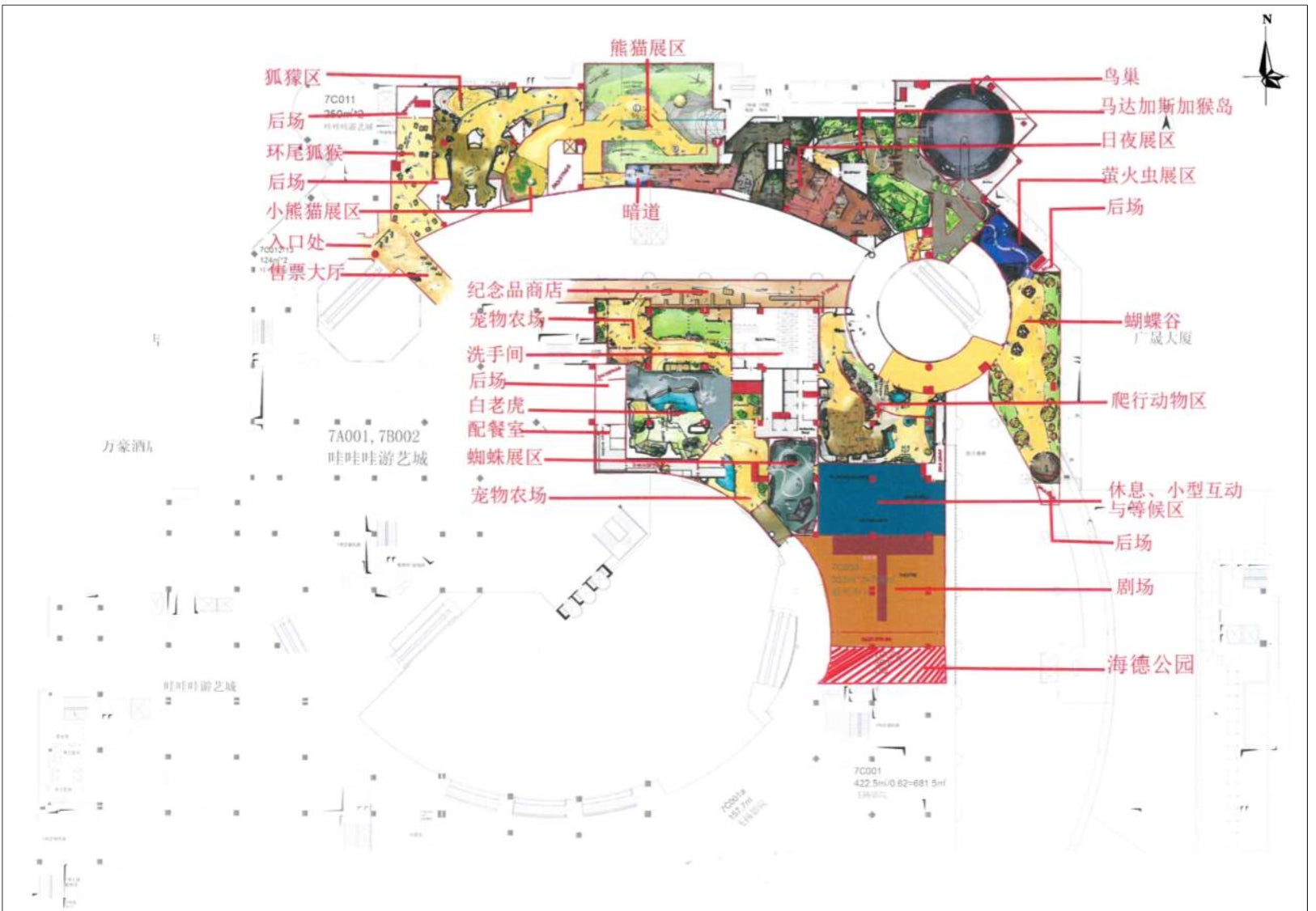Putting wild animals in shopping malls is an economic necessity, Chinese government officials say
The Grandview Mall, home of the world’s saddest polar bear and hundreds of other wild animals, has the full support of the government, local officials said recently, and is even planning to expand its zoo despite global criticism.


The Grandview Mall, home of the world’s saddest polar bear and hundreds of other wild animals, has the full support of the government, local officials said recently, and is even planning to expand its zoo despite global criticism.
Facing an uncertain future as online shopping sucks up revenue, local malls are being encouraged to experiment, officials in Guangzhou, capital of China’s Guangdong Province, said on Sept. 22. China has no laws governing how animals should be kept in captivity, as Quartz reported earlier, so exotic animals like beluga whales, Arctic foxes, and polar bears live at the Grandview and other area malls, sometimes in conditions that animal rights activists say are inhumane.
“From building cinemas in malls to selling vegetables in supermarket, Guanghzou has been a hub for business innovation in China,” said (link in Chinese) Yang Yong, the deputy director from Guangzhou Municipal Commission of Commerce on Sept.22. “Due to the impact by online businesses, some malls are seeking urgent changes, which require the public’s understandings and authority supervision.”
The mall’s new project, the Grandview Cute Pet Zoo (Mengchong Zoo) will add two white tigers, four pandas, and ten white-handed gibbons into a 5,300 square meter area. “The project is feasible, based on an environmental protection consideration,” the Guangzhou Environment Protection Department concluded in a report released on Sept.14th (link in Chinese).
An enclosed map of the new zoo shows the tigers and gibbons will each be confined in 600 sq. meter areas, which is well above the minimum recommended for the latter (pdf, pg. 8).

Gibbons are classified as endangered species by International Union for Conservation of Nature. Beijing NGO China Cetacean Alliance has questioned the origin (link in Chinese,registration required) of these gibbons as they were nearly extinguished (link in Chinese,pdf) in the wild, according to a research published by China’s State Forestry Bureau in August of 2015.
The Guangzhou government’s environment report approving the zoo project is officially open for public reaction until Wednesday (Sept.28th), but it is unclear from the report where the public is supposed to comment. Animal rights lovers in China have been questioning the report, and how they can comment on it, on the Weibo page of China Cetacean Alliance (links in Chinese, registration required).